SOPAC Addresses Unsafe Water in the Pacific Islands
 Thursday, September 30, 2010 at 8:18PM
Thursday, September 30, 2010 at 8:18PM The following taken from news article found here.
Almost 52% of nearly 10 million people living in the Pacific island countries continue to face threats from unsafe drinking water resulting from water-borne diseases.
Unsafe drinking water has been the primary cause for the 2800 deaths per year (most our children under the age of 5) from diarrhoea and related illnesses, and poor sanitation and hygiene are major contributing factors.
Additionally periods of drought that is currently being experienced in many island countries have aggravated the situation.SOPAC, working with the World Health Organization has introduced a plan into the region that has shown positive results in combating water carrying diseases.
“It’s no miracle drug, but a common sense approach to educate people throughout the region of how to determine if their drinking water is safe, how to clean it, and protect it so that that there is no danger that the water can continue to cause illness,” said SOPAC Director, Dr Russell Howorth. It is called the Drinking Water Safety Plan that was first introduced as a pilot programme into Tonga, Vanuatu, Cook Islands, and Palau.
Dr. Howorth said because it shows promise, more countries have now expressed interest including the Marshall Islands, Fiji, Solomon Islands, Niue, and Samoa.
The implementation of the plan in the Marshall Islands, a country of some 30 low lying atoll islands, provides a positive illustration of the process.
Two-thirds of the 62,000 people of the Marshall Islands live in its two main centres, Marjuro and Ebeye, while the rest of the population live in rural areas where some villages can only be reached by foot, horseback, or punt.
In the urban areas where many of the households rely on stored water it has been found that half of the supply is contaminated. In the rural areas,
the water supply comes from rainwater tanks, hand dug wells, and often it is consumed untreated,
Because of the scope of the contamination of the drinking water, proper surveillance has been difficult especially in the more remote parts of the islands.
To address this problem, part of the Drinking Water Safety Plan is to empower local and rural communities to ensure the safety of their drinking water through the help of locally trained facilitators.
These facilitators attend a two-week intensive training course that provides the essential tools to determine the safety of the drinking water. This includes sanitation inspections and a simple test that shows whether the water is contaminated or safe to drink.
To help towards this end, the facilitators are now training others to do their job, thus substantially increasing the monitoring.
“The success of the Drinking Water Safety Plan will be measured in its sustainability. While the initial contact with the Marshall Island communities has shown positive results, it is important that all those involved continue to monitor their water sources encouraging proper sanitation and hygiene. Therein lies the challenge”, said the SOPAC Director.



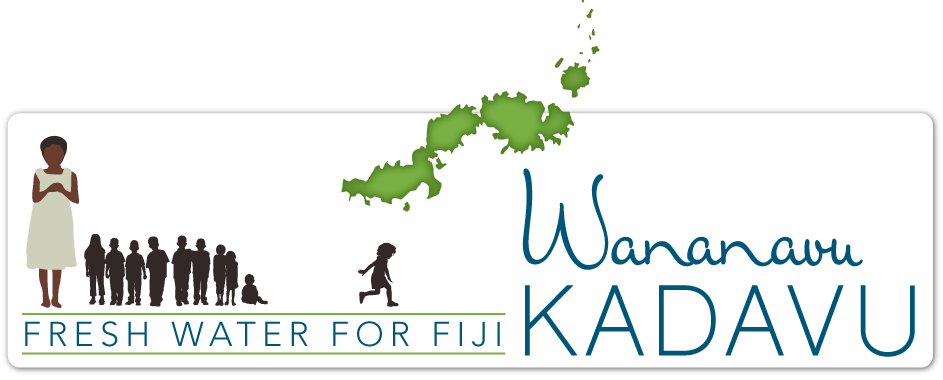
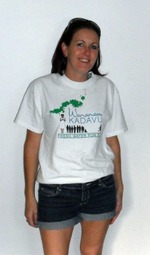
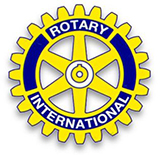

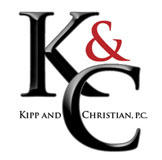



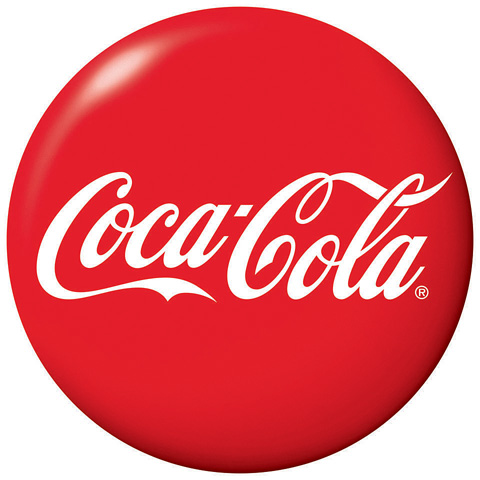



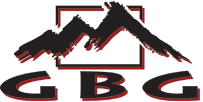




Reader Comments (7)
Once I thought about things like: why such information is for free here? Because when you write a book then at least on selling a book you get a percentage. Thank you and good luck on informing people more about it!
Come On
Gracias
http://www.lub4feel.com/" rel="nofollow">Ivan
This can be a really well thought out post. I certainly enjoyed reading it. Thanks
Hello!I am checking your blog for some weeks now. I have to admit that it is very informative. It is added in my favourite list and i will try to follow it frequently. Thanks for the interesting inputs . Moreover , i really like your theme and the way you have organised your site . Could you the name of your template ? Cheers
You own a very interesting blog covering lots of topics I am interested as well.I just added your site to my favorites so I can read more in the next days… Just continue your marvellous work.
Discounted Designer Watches At www.replicaseller.com http://www.replicaseller.com/index.php?route=product/category&path=35" rel="nofollow">Replica Rolex and http://www.replicaseller.com/index.php?route=product/category&path=50" rel="nofollow">Replica Breitling Watches and http://www.replicaseller.com/index.php?route=product/category&path=72" rel="nofollow">Replica Tag Heuer Watches for sale.
A house is just a place to keep your stuff while you go out and get more stuff.